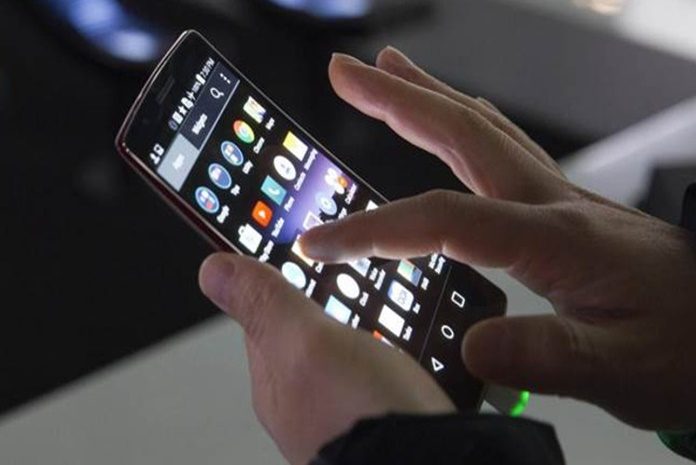Parents, take it easy if your kids are spending more time on various screens. New research claims that parental restrictions on tech use have little lasting effect into adulthood and fears of widespread and long-lasting tech addiction may be overblown.
The study is among the firsts to examine how digital technology use evolves from childhood to adulthood in the mobile Internet era.
The data were gathered prior to the Covid-19 pandemic, which has resulted in dramatic increases in the use of technology as millions of students have been forced to attend school and socialise online.
But the study authors said the findings should come as some comfort to parents worried about all that extra screen time.
“Are lots of people getting addicted to tech as teenagers and staying addicted as young adults? The answer from our research is ‘no’,” said lead author Stefanie Mollborn, a professor of sociology at the Institute of Behavioral Science at University of Colorado Boulder in the US. “We found that there is only a weak relationship between early technology use and later technology use, and what we do as parents matters less than most of us believe it will”.
Published in Advances in Life Course Research, the paper is part of a four-year National Science Foundation-funded project aimed at exploring how the mobile Internet age truly is shaping America’s youth.
Even before the pandemic, adolescents spent 33 hours per week using digital technology outside of school.
For the latest study, the research team shed light on young adults ages 18 to 30. The researchers also analysed survey data from a nationally representative sample of nearly 1,200 participants, following the same people from adolescence to young adulthood.
Surprisingly, parenting practices like setting time limits or prohibiting kids from watching shows during mealtimes had no effect on how much the study subjects used technology as young adults.
“This research addresses the moral panic about technology that we so often see,” said Joshua Goode, a doctoral student in sociology and co-author of the paper.
“Many of those fears were anecdotal, but now that we have some data, they aren’t bearing out”.From the dawn of comic books and silent movies to the birth of radio and TV, technological innovation has bred moral panic among older generations.
“We see that everyone is drawn to it, we get scared and we assume it is going to ruin today’s youth,” said Mollborn.
In some cases, excess can have downsides. For instance, the researchers found that adolescents who play a lot of video games tend to get less physical activity.
But digital technology use does not appear to crowd out sleep among teens, as some had feared, and use of social media or online videos doesn’t squeeze out exercise.
In many ways, “teens today are just swapping one form of tech for another, streaming YouTube instead watching TV, or texting instead of talking on the phone”.
“That is not to say that no one ever gets addicted, or that parents should never instill limits or talk to their kids about its pros and cons”, Mollborn stressed.
“What these data suggest is that the majority of teens are not becoming irrevocably addicted to technology. It is a message of hope.”
–IANS
If you have an interesting article / experience / case study to share, please get in touch with us at [email protected]











